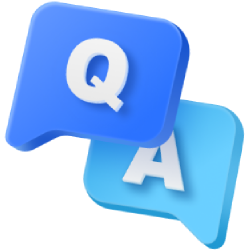- 简介尽管大型语言模型(LLMs)在各种任务中展现出了令人印象深刻的性能,但它们的有效操作仍然严重依赖于人类输入以准确指导对话流程,而代理调整是一种关键的优化技术,涉及到人类对模型的调整,以便更好地响应这种指导。为了解决这种依赖性,我们的工作引入了TinyAgent模型,它是在一个精心策划的高质量数据集上训练的。我们还提出了协作多代理调整(CMAT)框架,这是一个创新的系统,旨在通过基于环境反馈的自适应权重更新来增强语言代理的能力。该框架促进了多个智能代理之间的协作学习和实时适应,增强了它们的上下文感知和长期记忆。在这项研究中,我们提出了一个新的通信代理框架,将多代理系统与环境反馈机制相结合,提供了一种可扩展的方法来探索合作行为。值得注意的是,我们的TinyAgent-7B模型表现与GPT-3.5相当,尽管参数更少,这意味着LLMs的效率和有效性有了实质性的改进。
- 图表
- 解决问题TinyAgent model and Collaborative Multi-Agent Tuning (CMAT) framework are proposed to address the heavy reliance on human input in the effective operation of large language models (LLMs) for better response to guidance.
- 关键思路TinyAgent model is trained on a high-quality dataset and CMAT framework enhances context-awareness and long-term memory of multiple intelligent agents through adaptive weight updates based on environmental feedback.
- 其它亮点TinyAgent-7B model exhibits performance on par with GPT-3.5 with fewer parameters, offering a substantial improvement in the efficiency and effectiveness of LLMs. The framework fosters collaborative learning and real-time adaptation among multiple intelligent agents, offering a scalable method to explore cooperative behaviors.
- Recent related research includes advancements in large language models and multi-agent systems, such as GPT-3, GShard, and COMET. Additionally, there is ongoing research in exploring cooperative behaviors among multiple agents in various environments.



提问交流